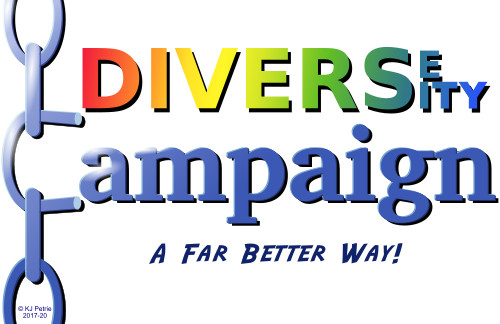Opinion
14th September 2019
Protesting without understanding
Last night a friend showed me a programme she’d seen on television a few weeks ago. It was intended to be the first in a series but the subsequent episodes were apparently cancelled after public protest on social media.
It was a programme on child-centred parenting, starting from a perception of a child’s basic needs and how children signal them to parents. If the parents fail to recognise and respond to these signals, the programme argued, the child will send increasingly forceful signals, until, if all else fails, he or she loses his or her temper in an angry outburst which will be familiar to almost all hard-working parents who cannot pay their children the amount of attention the child expects.
So why was this so controversial? There could be many reasons, but most of them relate to a failure in communication between the programme makers and their intended audience, and a failure of the public to understand the programme’s purpose before racing to their phones and tablets. It wasn't helped by the crass, dehumanising and misleading title (How to Train your Baby like a Dog) the programmers chose to give the series but, one must surmise, the public reaction must be more to the title than to the content, for it bore little reference to the import of the latter. In other words, those who protested had either not seen the programme or had missed its point.
Possibly, the cancellation of further episodes was not entirely a bad thing: having made the essential point in the first episode with two examples of real families to illustrate it, further examples of failing families being rescued by the programme’s expert’s theory might begin to look merely voyeuristic; just another “reality television” show thriving on the misfortunes of others. However, the concern about this was that it was silenced not by wise reflection on the ethics of showing on national television real parents and children too young to give informed consent, but by uninformed reaction to superficial aspects which have little to do with the real message, and a television company prepared to accept censorship on misinformed grounds.
That’s a concern because the Public Interest is ill-served if informed discussion is suppressed by fear of uninformed censure.

